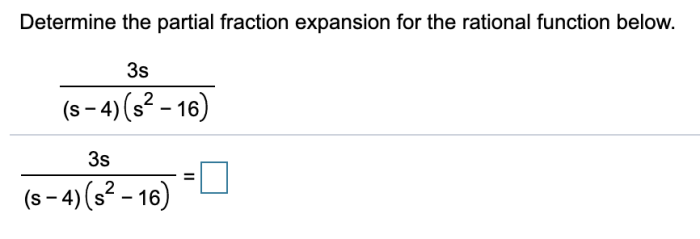Modern real estate practice in pennsylvania 14th edition – Modern Real Estate Practice in Pennsylvania: A Comprehensive Guide (14th Edition) offers a comprehensive and up-to-date examination of the legal, ethical, and practical aspects of real estate practice in the Keystone State. This essential resource provides a thorough grounding in the field, guiding readers through the complexities of real estate contracts, financing, marketing, investment, and development.
With its in-depth analysis and practical insights, this book is an invaluable tool for real estate professionals, students, and anyone seeking to navigate the ever-evolving landscape of real estate in Pennsylvania.
Legal and Ethical Considerations in Modern Real Estate Practice in Pennsylvania

The real estate industry in Pennsylvania is governed by a comprehensive framework of laws and ethical guidelines. These regulations aim to protect the rights of consumers and ensure the integrity of the profession.
Pennsylvania Real Estate Licensing and Registration Act
- Enacted in 1980, this act establishes the legal requirements for obtaining a real estate license in Pennsylvania.
- Individuals must complete pre-licensing education, pass a state exam, and undergo a background check.
- Licensees are required to maintain continuing education credits to stay up-to-date with industry standards.
Role of the Pennsylvania Real Estate Commission
The Pennsylvania Real Estate Commission (PREC) is the state agency responsible for regulating the real estate industry.
- PREC investigates complaints against licensees and enforces disciplinary actions.
- The commission also develops and implements educational programs for real estate professionals.
Real Estate Contracts and Transactions in Pennsylvania

Real estate contracts in Pennsylvania are governed by the Real Estate Seller Disclosure Law and the Uniform Residential Landlord and Tenant Act.
Types of Real Estate Contracts
- Purchase and Sale Agreement:A legally binding contract that Artikels the terms of a real estate transaction.
- Lease Agreement:A contract between a landlord and tenant that establishes the terms of occupancy.
- Option Agreement:A contract that gives a buyer the exclusive right to purchase a property within a specified time frame.
Sales Contract Process, Modern real estate practice in pennsylvania 14th edition
- Offer:The buyer submits a written offer to purchase the property.
- Acceptance:The seller accepts the offer, creating a binding contract.
- Closing:The final step in the transaction where the deed is transferred and the buyer takes ownership of the property.
Real Estate Disclosures
Pennsylvania law requires sellers to disclose any material defects or conditions that may affect the value or habitability of the property.
- Disclosures must be made in writing and provided to the buyer before the sale is finalized.
- Failure to disclose material defects can result in legal liability for the seller.
FAQ Insights: Modern Real Estate Practice In Pennsylvania 14th Edition
What are the key legal responsibilities of real estate professionals in Pennsylvania?
Real estate professionals in Pennsylvania have a duty to act in the best interests of their clients, disclose all material facts, and avoid conflicts of interest.
What are the different types of real estate contracts used in Pennsylvania?
The most common types of real estate contracts used in Pennsylvania are the purchase agreement, the lease agreement, and the option agreement.
What are the requirements for obtaining a real estate license in Pennsylvania?
To obtain a real estate license in Pennsylvania, individuals must be at least 18 years old, have a high school diploma or equivalent, and complete 75 hours of approved real estate education.








